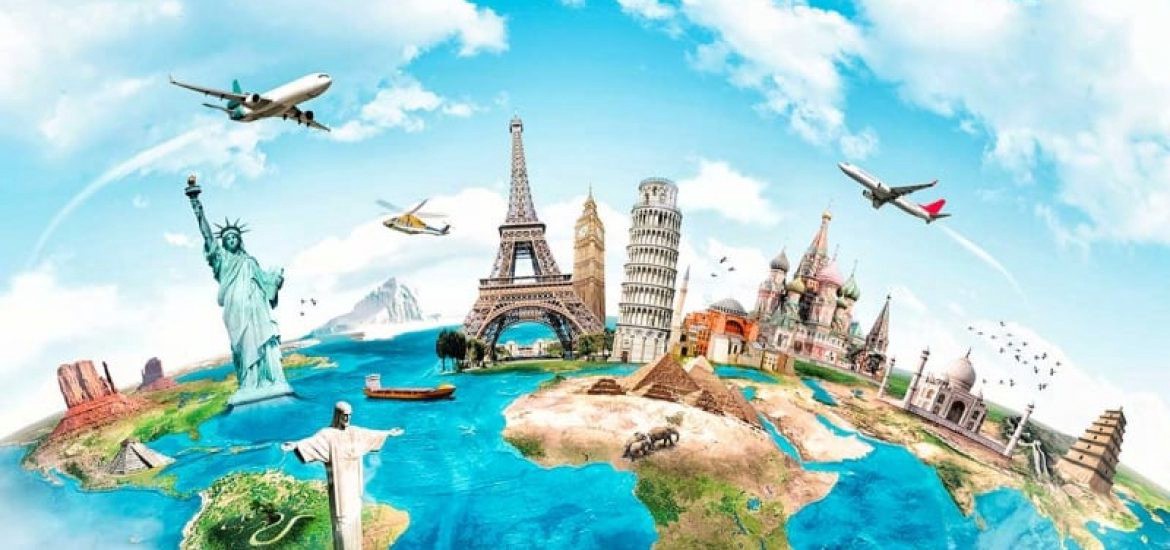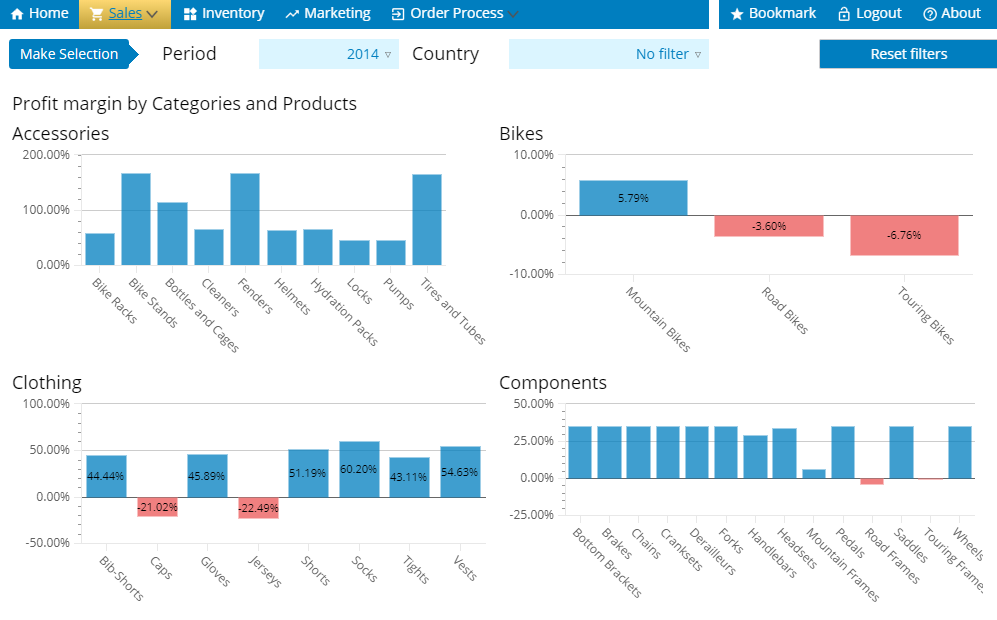
The industry has seen many changes over the years. The technology has advanced to the point that we now see much AI and machine-learning in the customer service field. Virtual reality technology has also revolutionized the way that many hospitality companies market their services and products. Global events also influence trends in the hospitality industry. Businesses had to pay more attention to safety, health, and hygiene after the COVID-19 pandemic. Other global events, such as climate change/sustainable, have caused companies to pay more attention to the needs of their local markets.
Sustainability
A number of sustainability trends are emerging in the hospitality industry. Hotels are now focusing on water and food waste reduction. Many have installed electric vehicle charging stations and energy-efficient HVAC systems. Some even have green roofs with solar panels. Others are updating lighting systems and switching from incandescent light bulbs to LED. Restaurants have begun to install air-cooled, ice machines.
Local cuisine is also being offered by many hotels. Many hotels offer vegan and vegetarian options and use sustainable products and materials. Other innovative concepts include Airbnb and farmhouse accommodation, which give guests a more authentic experience. There are also services offered by travel agents that help guests plan local activities and eat local food. While the hospitality industry used to be dominated by fast-food restaurants, sugary beverages and other unhealthy foods, there has been a cultural shift that has seen many companies offer healthier dishes.

IoT technology
IoT is an ideal tool for hoteliers to track inventory and manage resources in real-time. This technology can be used to personalize guest experiences. The use of connected asset trackers, for example, can speed up the process of finding equipment and reduce wait times. Smart equipment can also monitor inventory and notify staff when items have left the guest's rooms.
With the introduction of IoT, hoteliers can offer a better guest experience, reduce energy consumption, and increase the likelihood of guest satisfaction. These technologies could also be used by hoteliers to cut operating costs and create new revenue streams. Though the hospitality industry is still lagging behind in the adoption of new technologies, this is a growing trend.
Keyless entry
Although it can be convenient for guests to use keyless entry technology in hotels, it can be expensive. Because of the high cost of retrofitting many doors, hotels might be reluctant to invest in these systems. Starwood Hotels & Resorts, Hilton Worldwide and Hilton Worldwide all indicated that they will cover a portion the cost of installing keyless entry systems in their hotels. Both companies are hoping to offer the technology by the end of next yea.
Keyless entry not only ensures guest satisfaction, but can also facilitate direct bookings as well as re-bookings. This new technology is being used by many hotels to increase direct bookings.

IoT-enabled bedrooms
IoT-enabled hotels offer many benefits. These include smarter service and automated front desk management. Hoteliers can use IoT to track the movements of their guests, their luggage, as well as clean carts. This data helps hotel managers better manage their inventory. IoT enabled rooms also enable hotel guests to tailor their room preferences. A virtual assistant can be asked to adjust the temperature and wake guests up at a specific time.
IoT-enabled hotels can increase guest satisfaction and make their stay more enjoyable. The app allows guests to choose their preferences and the room will then activate them. Smart devices installed in the room are able to detect movement or occupancy and can turn off some appliances when a guest leaves.
FAQ
How will COVID-19 affect consumer behaviour?
We all know that consumers are not buying as much right now. But it doesn't mean they won't want to spend money on themselves later.
You should go shopping now if you're planning to. Shopping may be something you enjoy more than ever.
There might be fewer crowds at malls, but you still have access to many options. Remember to be safe and follow the social distancing guidelines.
Remember to wash your hands often. This simple step can help stop the spread of coronavirus.
Now that you have seen some trends that are shaping the future of retail, let's take an in-depth look at what's hot.
How does technology affect the fashion industry
Today, consumers are turning to technology to shop and buy clothes. Consumers can shop online and compare prices using smartphones and tablets. Sometimes, they use apps to scan products and receive instant feedback from other shoppers.
This is especially true when you're looking for unusual or hard to find clothing. The Internet is a great place for shopping designer goods. Online retailers mean that you don't have to visit physical stores to get your favorite brands.
What role does Instagram play for the fashion industry
Instagram has been an extremely successful platform for brands to connect directly with influencers. It's easy to see why, because they can reach a vast audience.
However, it is not about reaching an audience. Engaging with influencers is key to success in marketing. It's about building relationships with your followers. That takes time.
It's all about consistency and reliability. It's about posting high quality content on a regular basis. Also, how to respond to questions and comments.
Insta is great for engaging fans. But, it's not great for selling products. Other social media channels are available for this purpose.
What is the future of fashion industry?
We predict that fashion will continue to grow in 2022. However, we've seen the pace of change accelerate as evidenced by recent events.
Technology is changing everything, from the way we communicate to how our travel and how we purchase products to how content is consumed.
It is only going to get faster. We predict that AI will power almost all aspects life in 2022.
Personal assistants such as Siri and Alexa, to self-driving cars or smart homes. AI will change all industries, including fashion. It will enable designers and consumers to design beautiful clothes through 3D printing.
Statistics
- While 19% of respondents state they didn't travel in the past two years, other families' favorite experiences included: domestic travel (19%), beach resorts (12%), road trips (11%), international travel (10%), staycations (7%), camping (6%), and more.1 (americanexpress.com)
- OTC Medicine 57% Beauty & Personal Care 52% Vitamins & Dietary Supplements 51% Home & Kitchen 47% Top retailers where consumers are shopping in 1. (junglescout.com)
- 55% of respondents agree they want to book a once-in-a-lifetime vacation in 2022. (americanexpress.com)
- and what they are traveling for, with 78% of respondents wanting to impact the community they visit positively.1 Eating & Shopping at Small businesses (americanexpress.com)
- Nearly 30% of consumers have started their holiday shopping, though 55% say rising inflation has altered their gifting and spending plans for 2022. (junglescout.com)
External Links
How To
Where are Most Travelers Going in Summer 2023 (and why)?
Summer 2023 is expected to see many more tourists travel to places that are less expensive than the ones they visited last year. However, there are also some surprises.
The most popular destination in the summer of 2023 is Egypt, where tourism is booming. Its stunning scenery and rich cultural heritage are two reasons why Egypt is so popular.
Another surprise trend is that tourists are leaving Europe. While Europeans head to Asia, North America, Australia and other parts of the world, Americans opt for Canada and Mexico. These two countries provide great value and beautiful natural environments.
It's not all bad. It is not difficult to find the most expensive destinations in the world. They will likely remain the same.
While tourists spend more on average per day in these places, they continue to attract fewer vacationers overall.
We predict that in summer 2023, the number of international tourists visiting Switzerland will fall below 50 million. The recent terror attacks made it unsafe and partly explains the decline.
This is a significant change from the past ten year. According to estimates, Switzerland received 150 million international tourists in 2003.
Although the Swiss government has been working hard to reverse this trend, the country may struggle to recover unless they make changes.
For example, they could encourage foreign workers to emigrate instead of taking jobs away from residents.
Or they could increase taxes on luxury goods such as yachts and private jets.
They could also lower the prices to make it more affordable for people to travel to Switzerland.
There are many options to improve the situation.
So if your goal is to go abroad, take advantage of the 2020 coronavirus crisis and book now!